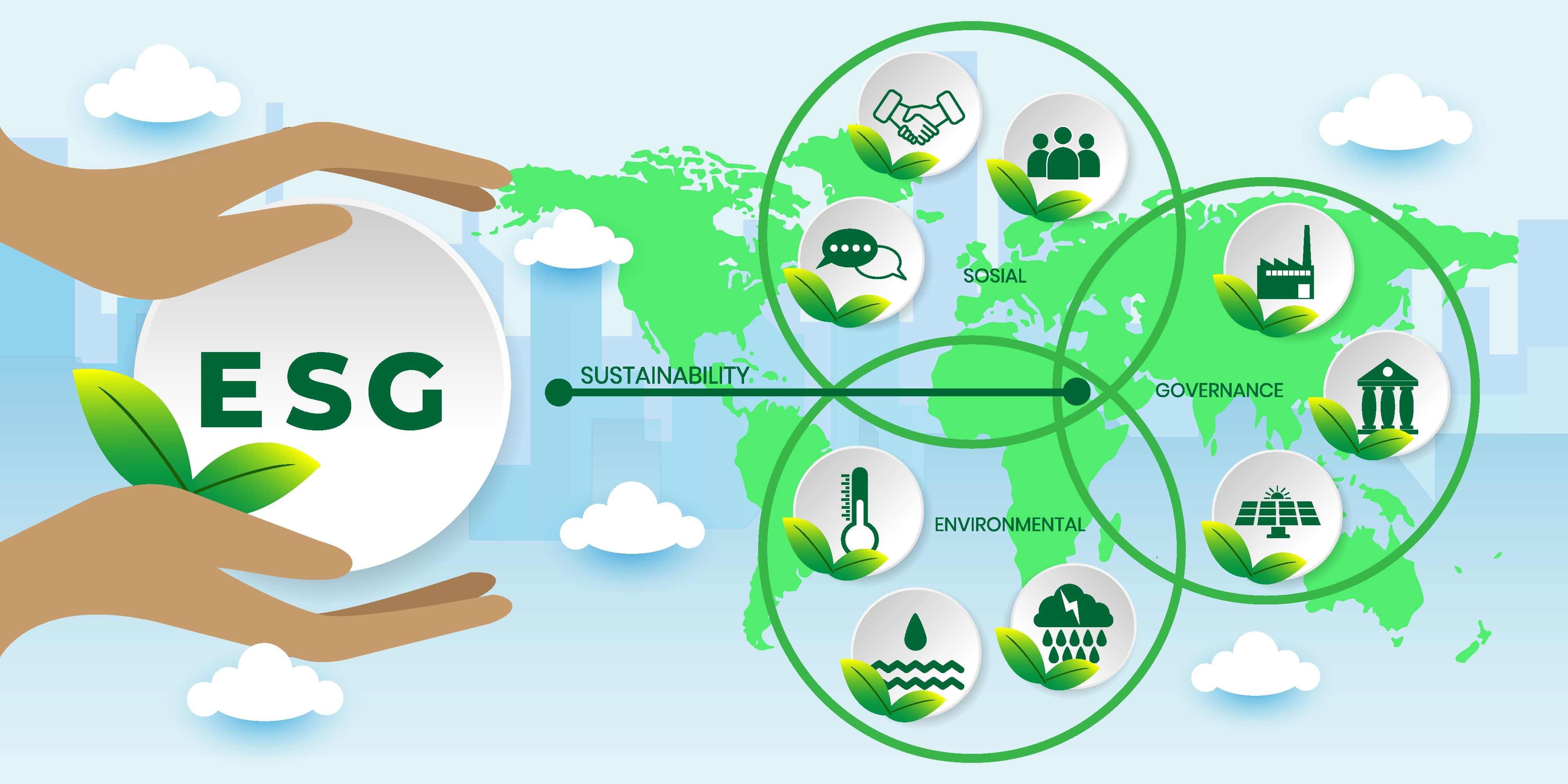Illustration by Dapitart / Shutterstock.com
In the corporate world, we often encounter stakeholders who care deeply about a particular issue. These stakeholders use their focus and passion to drive attention to their topic. They write letters to regulators and the board, file shareholder proposals, and generate publicity, all of which creates pressure on companies to act.
In-house counsel and their companies are at a disadvantage when dealing with such vocal advocates. The advocates have just one issue, and they are willing to do almost anything to promote their cause. We, in contrast, have hundreds of issues to deal with, and many pressing priorities. We simply do not have as much time to devote to the topic as they do.
When confronted with one-issue stakeholders, no one cares as much as they do about their issue.
I don’t want to digress today into the debate about whether companies should be primarily shareholder-focused or stakeholder-focused. It’s a topic that we in-house counsel should be paying close attention to, because the company’s philosophy here will help determine our own strategy and goals.
... There is no consistent and accepted mechanism for deciding priorities among competing stakeholder interests. Hence, the shouting we see among stakeholders to make the most noise, so companies pay heed to their squeaky wheel.
For today, it’s sufficient to observe that the stakeholder model suffers from a serious defect. Namely, there is no consistent and accepted mechanism for deciding priorities among competing stakeholder interests. Hence, the shouting we see among stakeholders to make the most noise, so companies pay heed to their squeaky wheel.
How should a company react?
When all the wheels are squeaking all the time, what is a responsible company to do? One answer is to simply ignore the noise and develop your strategy top-down, quietly, without being influenced by externalities. After all, management and the board surely know best what the company’s strengths and weaknesses are, and where the most promising opportunities lie.
... By ignoring stakeholders you only arouse them to greater heights of frenzy.
The risk here is that by ignoring stakeholders you only arouse them to greater heights of frenzy. What do people do when they think someone has not heard their message? They repeat it, and more stridently each time. True, sometimes they get tired, or veer off to pursue a more receptive target. But particularly with passionate stakeholders, and that’s most of them, ignoring a stakeholder request in favor of your own priorities is a risky path. So, what to do?
Listen
Listening to stakeholders is a good idea, even though it can seem like a waste of time. True, we already understand the issue well because we’ve heard it many times before. Listen, nonetheless. You might still learn something new. More importantly, by listening you take away the stakeholder’s immediate need to escalate.
You can make even more progress if you then acknowledge the importance of the topic. Perhaps you will express your desire to see positive change. For your stakeholder to stop shouting and listen to you, they must feel that you have listened to and understood them. A stakeholder is someone who has an interest in, and is affected by, the company’s decisions. So, it is right to listen to and genuinely seek to understand their concerns.
For your stakeholder to stop shouting and listen to you, they must feel that you have listened to and understood them.
Only now are you in a position to safely raise the issue of competing priorities. But be careful. In my experience, it never goes over well when you say some issues are more important than others. Even though this is demonstrably true, no one wants to hear that their issue is not the most important one. A disappointed stakeholder is likely to take out their frustration on you, the messenger.
Focus on the impact your company can have
What I’ve found works better is to focus on the impact your company can have. That is, where can you make a substantive difference? Preserving access to clean water is no doubt important, but if you are a software development company you may have less of an impact here than, say, a mining company. Explain what areas you are focused on, and why.
The conversation goes something like this:
Stakeholder: Passionate advocacy, i.e., request for your company to immediately and completely change its business model and upend everything that made it successful.
Company (calmly): Thank you for raising your concern. We hear you and understand your issue. We agree that [topic] is an important and relevant issue that the world needs to tackle.
Our company is focused on X, Y, and Z of the UN Sustainable Development Goals [or similar]. We focus on these particular areas because, given the nature of our business, the location of our operations, and the partners we work with, we feel these are the areas where can have the greatest impact.
Environmental, social, and governance (ESG) strategy
It helps if you have already publicly described your environmental, social, and governance (ESG) strategy and can refer back to it in the conversation. Your strategy will outline where you can have the greatest impact and, thus, where your focus areas are.

If you have not developed and published an ESG strategy, I can only recommend you do so. Otherwise, you are at great risk of a one-issue stakeholder dragging you to their level and defeating you with their persistence.
Be well.
Disclaimer: The information in any resource in this website should not be construed as legal advice or as a legal opinion on specific facts, and should not be considered representing the views of its authors, its sponsors, and/or ACC. These resources are not intended as a definitive statement on the subject addressed. Rather, they are intended to serve as a tool providing practical guidance and references for the busy in-house practitioner and other readers.




